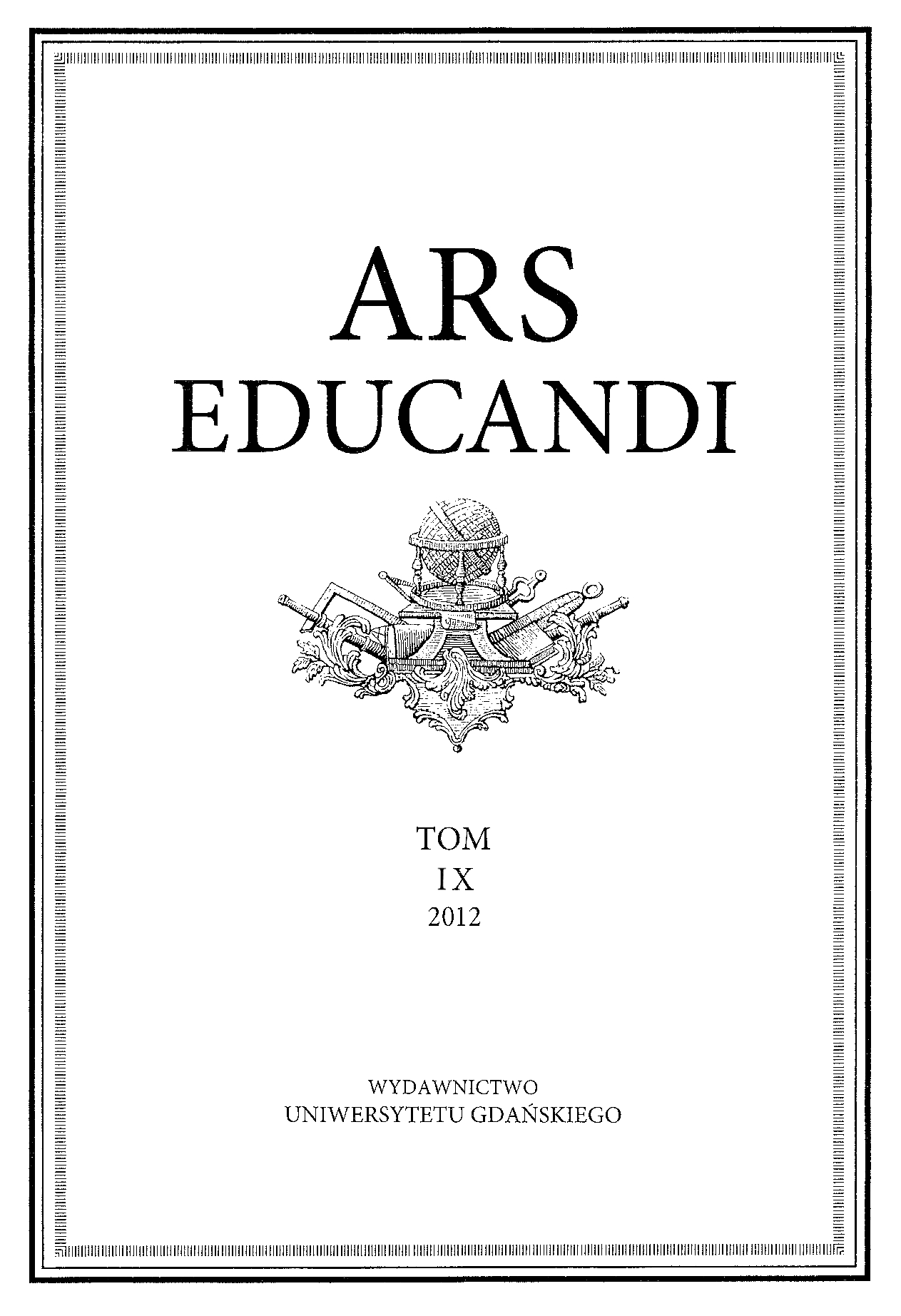The Status of Students at the University of the Future – an Analysis of the Main Documents of the Debate on Polish Higher Education Reform
DOI:
https://doi.org/10.26881/ae.2012.09.15Keywords:
education, student, school system, universityAbstract
The actors taking part in the public debate concerning the current higher education reform in Poland had diverse interests but they operated in a fairly homogenous field of ideology/discourse. For the dominant actors such as the Polish state and the academic leadership, the ideologies/discourses of Knowledge-Based Economy, New Public Management and market fundamentalism determined what could and could not be said. United in ideology, the dominant groups struggled for power – trying to define the future management and financial structures of higher education institutions in line with their interests. This paper is based on an analysis of two strategic documents that had a large impact during the debate. The first document was produced by the Rectors Conference, the second one by Ernst&Young Business Advisory and The Gdansk Institute for Market Economics (on behalf of the Ministry of Science and Higher Education). The aim in researching these documents was to determine how the dominant actors conceptualized the future position of students – an actor that had a limited impact on the debate. In both documents the students are defined as irrational social subjects, whose influence as consumers should be restricted for the good of the industry and the higher education institutions. The students’ position is redefined from that of the ‘client’ to that of the ‘product’ of higher education – which allows for the positioning of the “labour market” and “knowledge-based economy” as the real clients of the universities. Because of the differentiated needs of the new clients, the product of higher education institutions is to be divided into two categories. The first of them is the “mass product” that is destined for the currently existing labour market and is to be created by processing the lower-class human material. The second category is the “luxury product” that is destined for the prestigious professions and the not yet existent knowledge-based economy.

English translation: Anna Moroz-Darska
Modernisation of the journal's operations and translation into the English language of articles published in Ars Educandi in 2012-2017 were financed with funds from the Ministry of Science and Higher Education as a part of the task Science Promotion Activity (pl. DUN).
The task ‘The implementation of the editorial module on the platform of Uniwersyteckie Czasopisma Naukowe – a system facilitating the editing and management of the academic journal Ars Educandi‘ was financed as a part of contract 661/P-DUN/2018 of 12.06.2018 from funds of the Ministry of Science and Higher Education designated for the promotion of science.
The task ‘The creation of a modern online version of the academic journal Ars Educandi through the implementation of the publication module on the platform of Uniwersyteckie Czasopisma Naukowe and the handling of international indexing databases’ was financed as a part of contract 661/P-DUN/2018 of 12.06.2018 from funds of the Ministry of Science and Higher Education designated for the promotion of science.
The task ‘Preparation of the English language version of the last 6 annual issues (2012-2017) of the academic journal Ars Educandi and their publication online’ was financed as a part of contract 661/P-DUN/2018 of 12.06.2018 from funds of the Ministry of Science and Higher Education designated for the promotion of science.

 Academic Scientific Journals
Academic Scientific Journals




